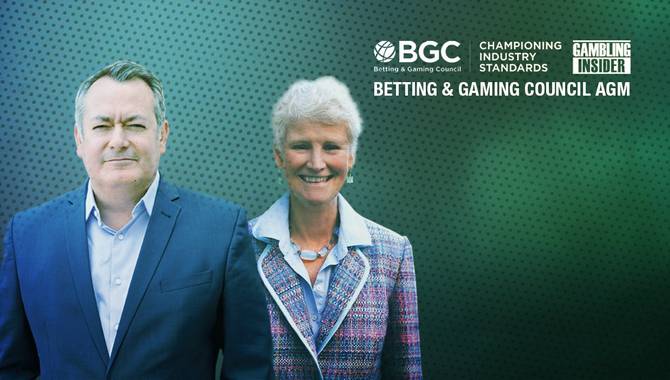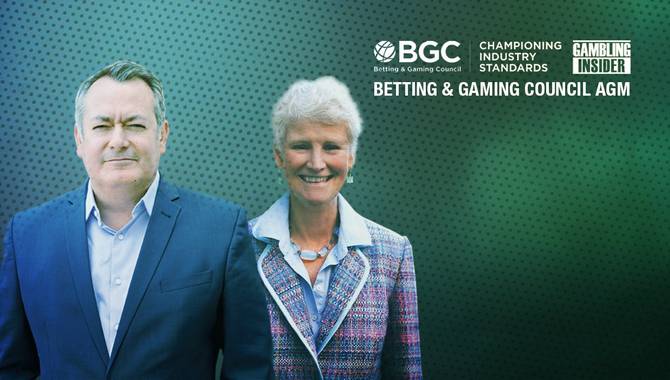
The first question from the audience was the following: “You referenced that there is a great deal more continuity among the officials in the DCMS but a lack of real industry knowledge. How would you judge the way in which the DCMS regards gambling?”
Whittingdale responded: “I was always impressed by the officials I worked with in the department right across all the various areas DCMS is responsible for. They are very regularly in touch with operators in the sector.
“I think some feel the Gambling Commission has certainly in the past been less effective as perhaps some would have liked. But obviously the Gambling Commission is, at present, changing management with a new Chair and Chief Executive in place.”
Meanwhile, another question was asked on whether the upcoming UK Gambling Review will reflect the views of actual gamblers and the general public.
On this, Whittingdale replied: “I think my first response to that would be that 16,000 responses is a pretty big outcome for a government consultation. A lot of those will be organised, for example, through lobby groups who write the response for their followers. Responses will all be identical but that doesn’t mean you shouldn’t read them as they are people who agree with that particular position. That is the first way in which you try to judge the public or what consumers want.
“We often receive letters from constituents about gambling, from both sides of the argument. And then I get a lot of letters, for instance, I was contacted by quite a lot of racecourses who were deeply concerned about intentions or impacts on horserace betting. That again is a means by which people can seem to influence the debate.
“I always think you’re absolutely right there is a risk that some can create an impression that the overwhelming majority of people believe one thing, whereas, in actual fact, it can be the opposite. It’s just that the overwhelming majority of the public doesn’t shout as loud as lobby groups. And that’s something that governments have to reach judgement about.”



